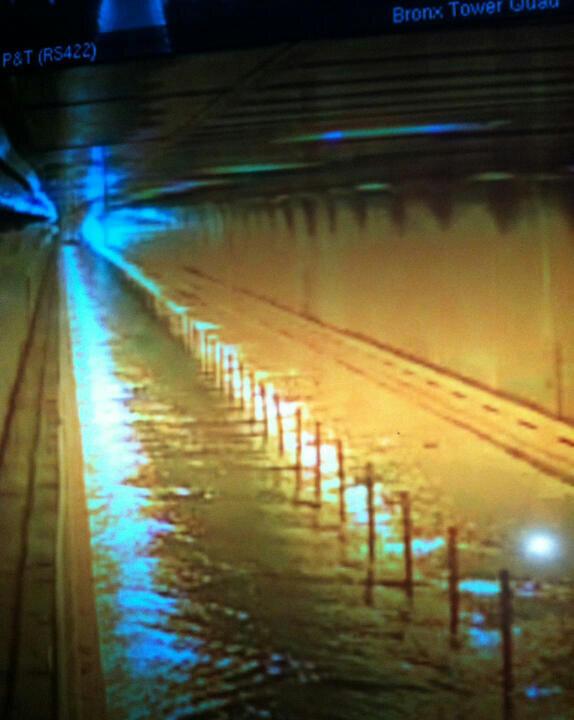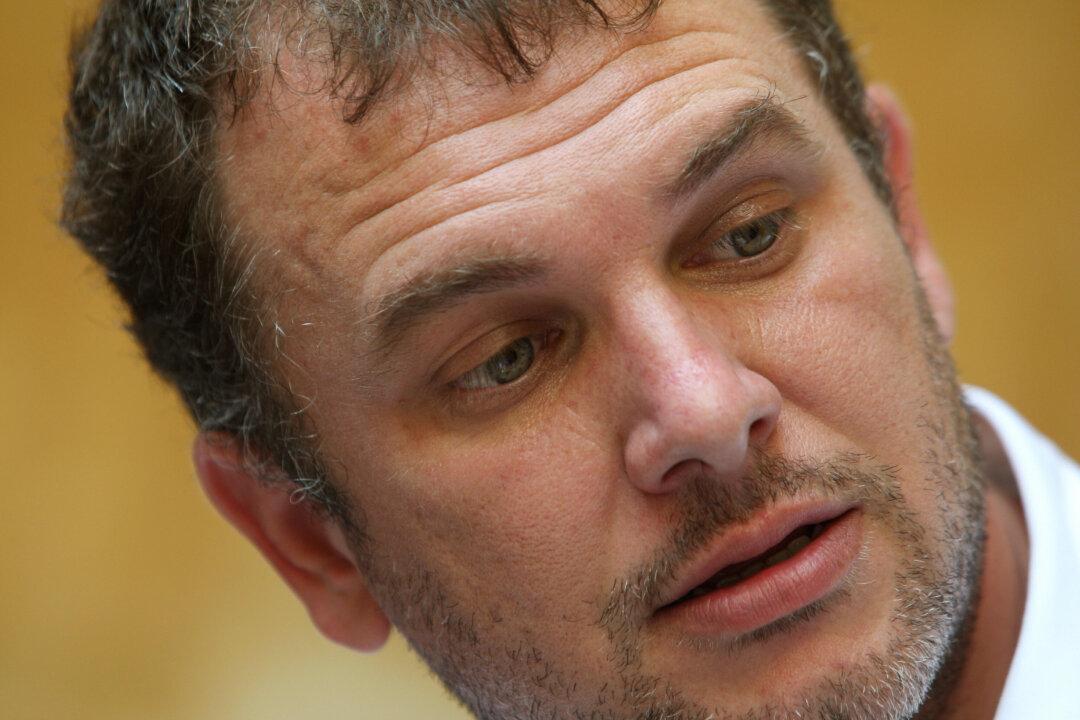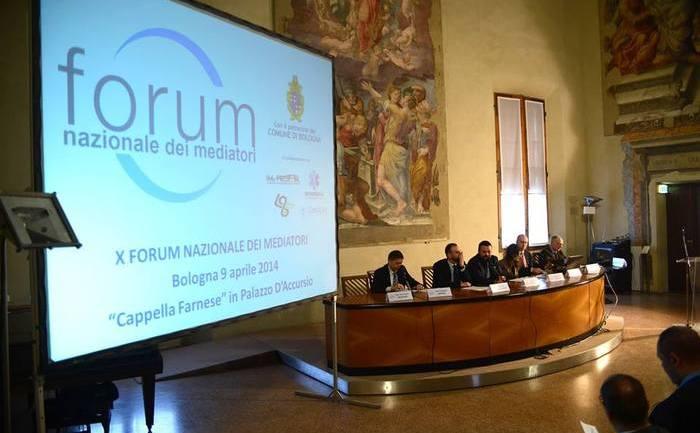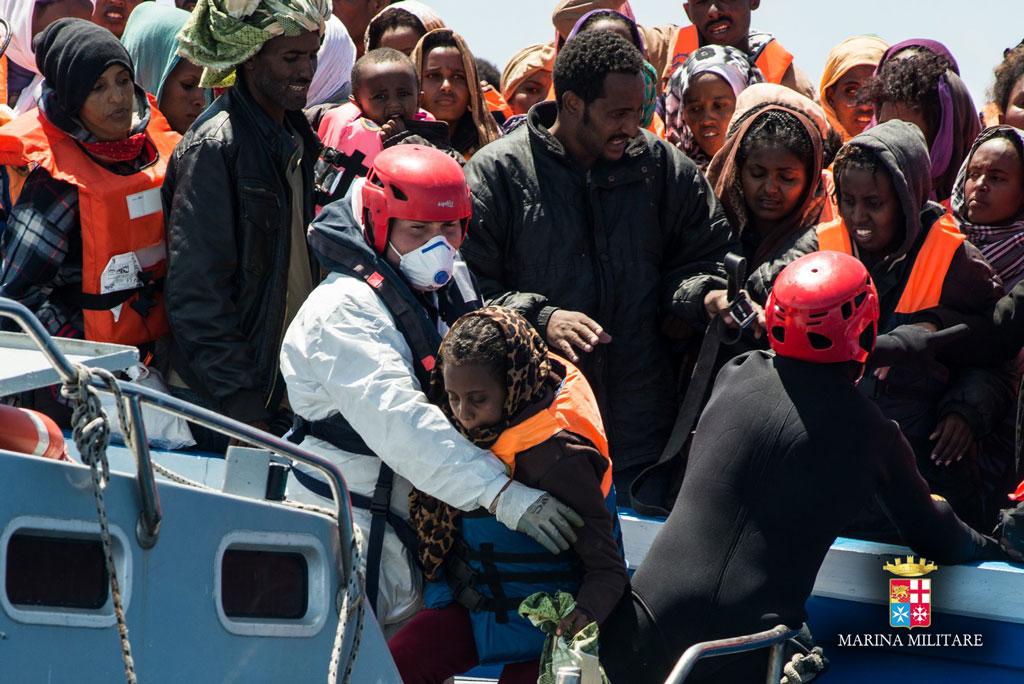Italian judges halted a high-profile transport project amidst allegations of widespread corruption a month ago, but repercussions are still gathering paceItalian judges halted a high-profile transport project amid allegations of widespread corruption a month ago, but repercussions are still gathering steam.
The public prosecutor’s office is trying to piece together a complex political, financial, and legal puzzle that involves allegations of abuse of office, fraud, illegal disposal of waste, corruption, fraud in public supplies, and possible Mafia connections.
Florence’s economy rests partly upon the transport industry that ships in droves of tourists to wonder at the countless masterpieces, frescoes, and architecture that adorn the historic city.
Efforts to connect the city more closely to Europe’s growing high-speed train network ground to a sudden halt in January when judges stepped in and ordered the construction site of a new tunnel to be sealed off while an investigation was launched.
Ornella De Zordo, leader of the opposition party Perunaltracittà and member of the municipal council in Florence said, “Over three years ago we started exposing and reporting to the mayor and the city council our doubts about this archaic work, which dates back to the ‘90s, when urban culture was different.”
But like many critics of the project, she says the problems go back much further than the current allegations and that the project was always a waste of public money. “Forget for a minute the allegations of the magistrates. The project should be reviewed anyway; today it is necessary to protect the territory, knowing that it is not an infinite resource.”
The seals remain in place at the construction site and the tunneling machine named “Monna Lisa” which was supposed to dig 4.3 miles of tunnel, is gathering dust.
About 30 people have been placed on the list of persons under investigation: employees and managers from local and state institutions, public railway companies, contractors, and inspection agencies.
Ferrovie dello Stato, the government-owned organization in charge of the railways, has been put under the spotlight. In an official statement, it expressed its willingness to cooperate openly with the judges and said that it had immediately initiated an internal investigation.
Many local institutions hope the work will resume as soon as possible. The railway junction is considered strategic for the development of the territory, although high-speed trains are already running to and from Florence.






